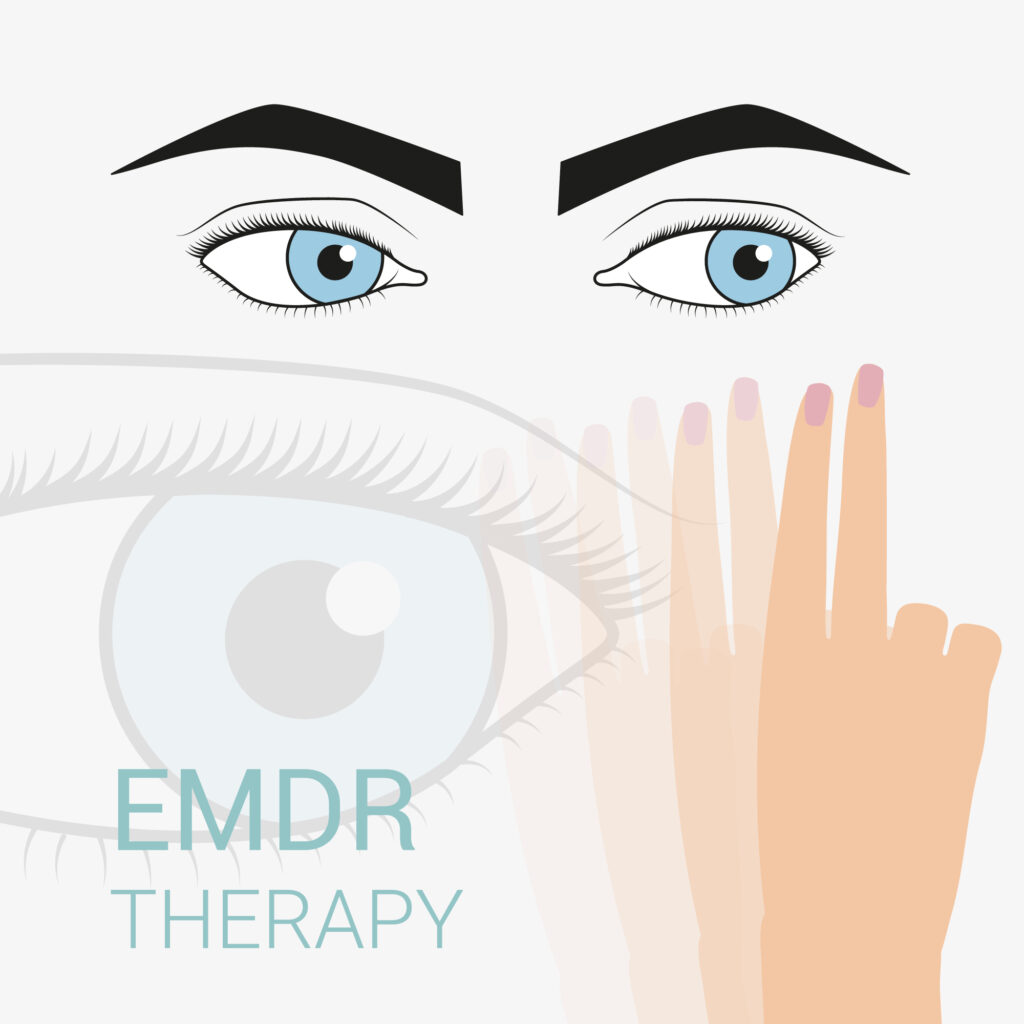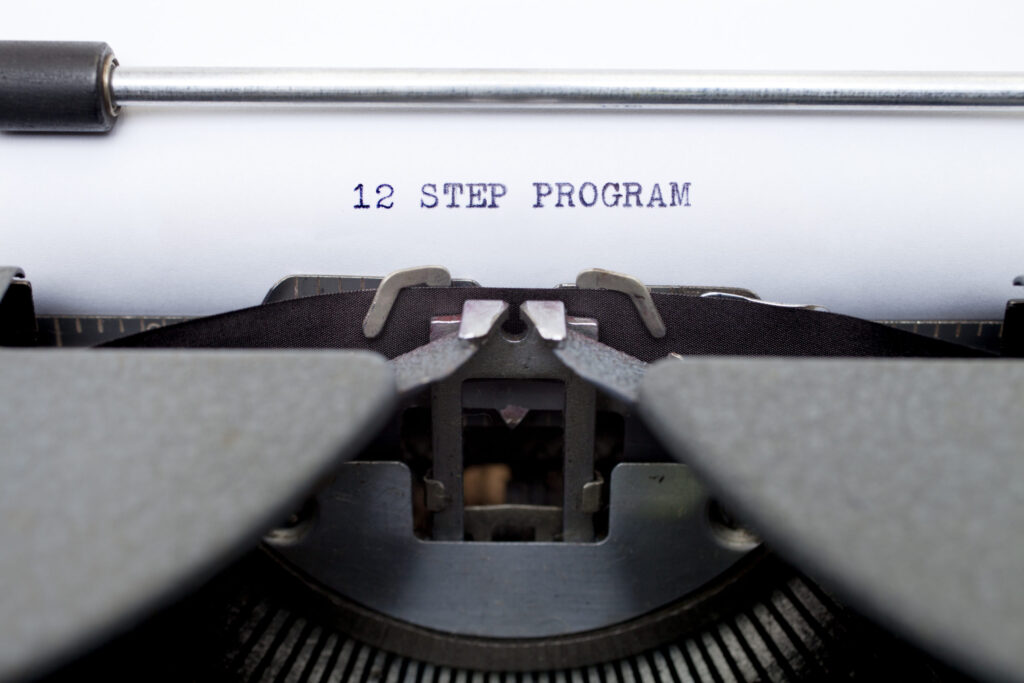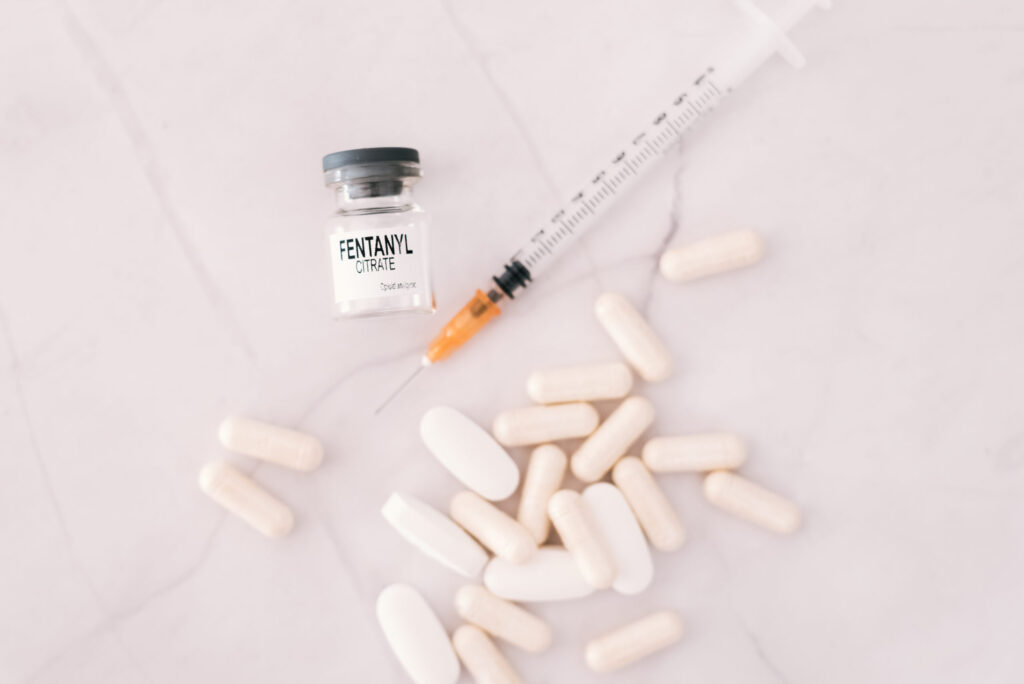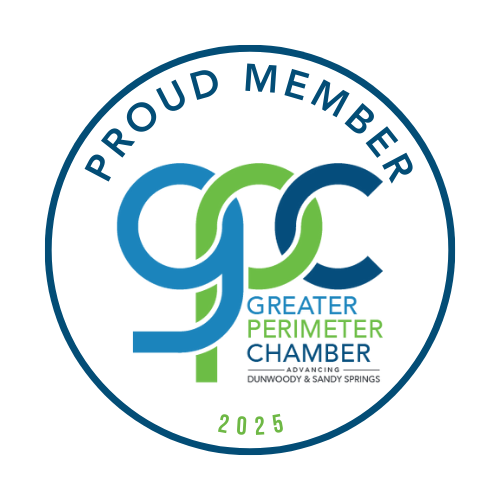How to Find a Vicodin Addiction Treatment Center in Georgia

Vicodin addiction is a severe and potentially life-threatening condition. It is essential to be aware of the signs and symptoms of Vicodin addiction and to seek help as soon as possible. Atlanta Recovery Center is a Vicodin addiction treatment center in Georgia. Through the comprehensive programming available at Atlanta Recovery Place, clients can access everything they […]
Are There Outpatient Cocaine Addiction Treatment Programs?

When it comes to using substances, no one starts out thinking they will become addicted. When individuals use the party drug, cocaine, no one thinks this will change their brain chemistry and how they think and react for the rest of their life. But it can. Learn more about the outpatient cocaine treatment programs at […]
What is EMDR Therapy?

When it comes to addiction treatment, there are multiple traditional cognitive behavioral therapies focused on clients’ mental and physical health. However, EMDR offers a faster and more effective way to process traumatic experiences related to substance abuse. At Atlanta Recovery Place, we offer comprehensive drug addiction treatment in Georgia designed around providing the best and […]
What Are Some Long-Term Goals For Sobriety?

Many people who enter addiction treatment think they can recover in the allotted days of attendance and then return to real life, but their thinking is flawed. Addiction is a life-long illness that requires individuals to set long-term goals for sobriety. Atlanta Recovery Place, our Atlanta, Georgia addiction treatment facility, is focused on supporting individuals […]
How Are the 12 Steps Used in Drug Rehab?

Many individuals are familiar with some 12-step programs, Alcoholics Anonymous and Narcotics Anonymous. However, the 12 steps are utilized in many drug rehab programs and early self-help support through treatment. Individuals who participate in self-help groups develop a stronger sense of self and are better able to remain sober and have fewer “slips” than those […]
What is Fentanyl?

By 2022, almost every individual in the United States will have heard about the damage fentanyl has had on addicted individuals, but many still aren’t sure what it is or what it can do. At Atlanta Recovery Place, we are dedicated to educating individuals about the signs of fentanyl addiction and what the recovery process […]
Are There Resources for Families of Addicts?

Addiction can significantly impact not just the lives of addicts, but the families, friends, and loved ones in their lives. While addiction resources and support are available to addicts to break free of addiction, resources for families of addicts are also essential. At Atlanta Recovery Place, we offer addiction treatment services in Georgia, and are […]
What is the Role of Mindfulness in Recovery?

Life can be overwhelming and chaotic, especially if you struggle with addiction. From balancing all your personal and professional responsibilities to nurturing your relationships, battling addiction cravings can make it extremely difficult to authentically gauge your thoughts and feelings without judgment. At Atlanta Recovery Place, we provide the support and resources essential to start your […]
How to Find Alcohol Addiction Treatment near Augusta, GA

When you think about drug addiction, your mind may instantly wander to drugs such as heroin or cocaine. However, alcohol is a legal drug that is an addictive substance that millions of people abuse. Alcohol addiction is more common than you may think. Nearly 15 million American adults struggle with an alcohol use disorder. While […]
Tips For a Successful Drug Intervention

If you know someone suffering from an addiction, one of the hardest parts can be watching them suffer without getting the help they need. The problem is that many of us lack the tools and support to help our loved ones get the help they need. We know that rehab is the ultimate goal, but […]






